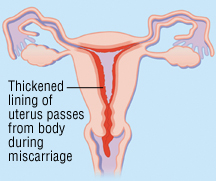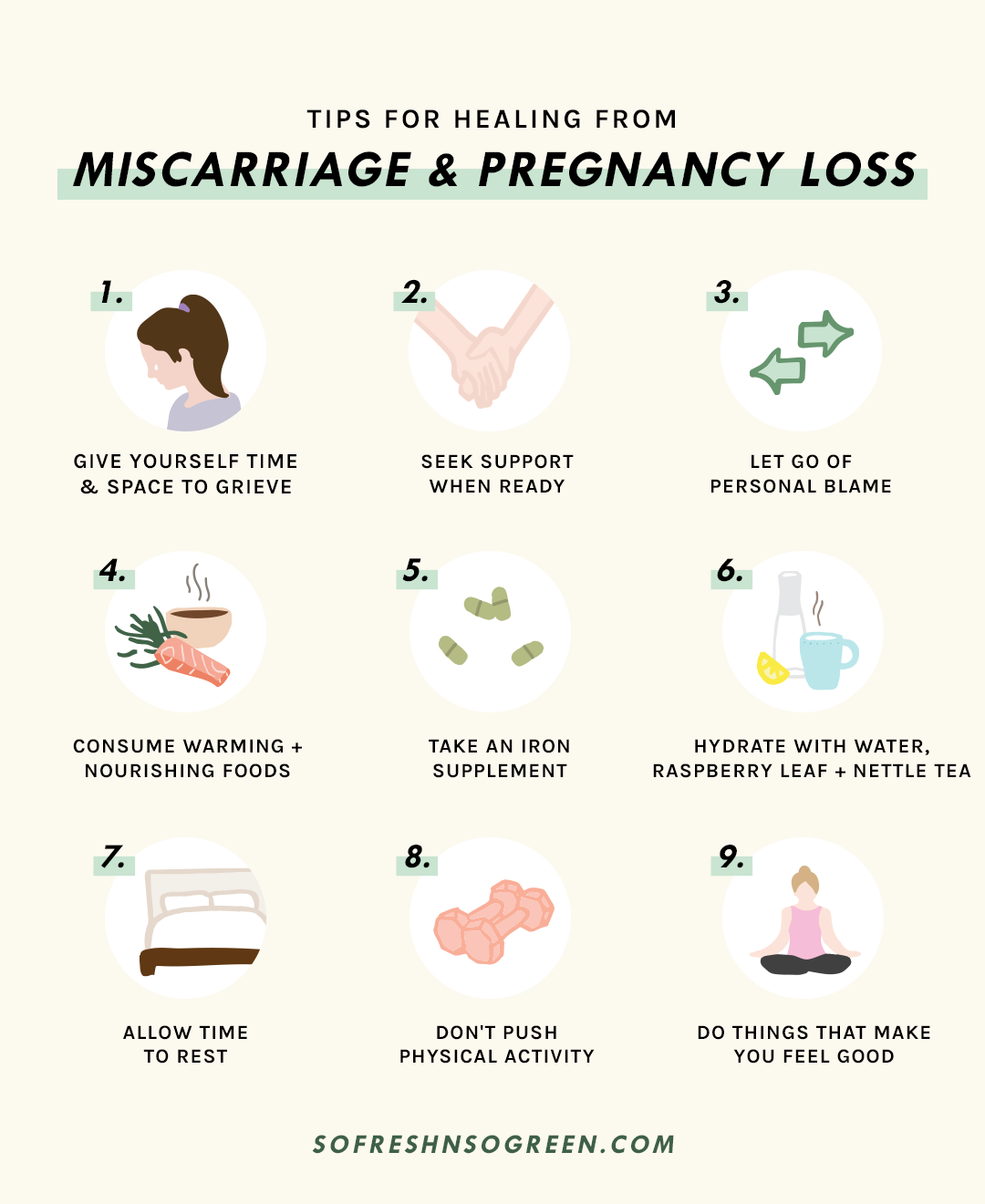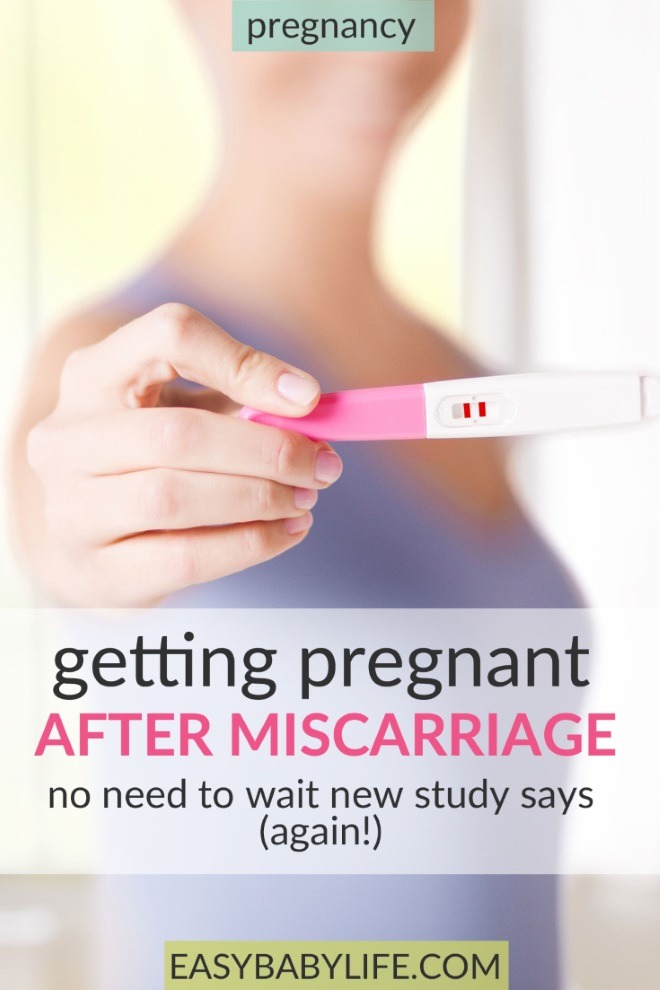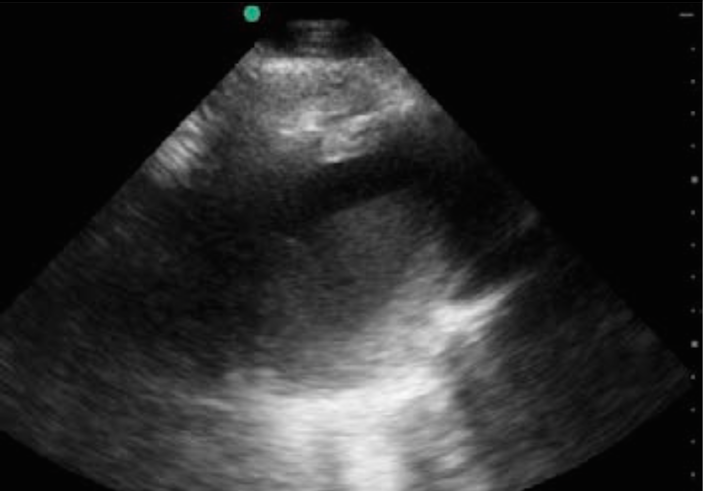lower back pain after miscarriage
/pregnancy-symptoms-after-miscarriage-2371519-01-500d3492eaba43ec812f7735a9a37063.png) Pregnancy Symptoms After Miscarriage
Pregnancy Symptoms After MiscarriageAfter a Miscarriage: What happens and how to crashIf you rejoice with a positive pregnancy test only weeks or months ago, facing a sudden and unexpected abortion can be difficult. Even though you never saw your baby (except maybe ultrasound), you knew he was growing inside you and you could have formed a bond. You may have dreamed of your baby and imagined as a mother. And then all the excitement suddenly came to a stop. It is understandable that you feel a range of emotions: sad and decorated by the loss, angry and resentful that happened to you and possibly withdrawing from friends and family, especially those who are pregnant or who have just had babies. You may have trouble eating and sleeping at first and accept the purpose of everything. He can cry a lot, or not cry at all. These are all natural and healthy responses to a pregnancy loss. Remember, your reaction is normal for you. Feeling in the dark about what happened, what to expect and what should be your next steps can make the situation even more difficult. But keeping your partner and your doctor in the loop about what is going on physically and emotionally can help you through this time. What is an abortion? of the uterus before 20 weeks of gestation. Often, the first sign that is happening is heavy bleeding accompanied by abdominal or back pain and cramps. Depending on how far the pregnancy was, these symptoms can last only a few days — like a normal period — or up to three or four weeks. If you experience any of these symptoms, consult your doctor to diagnose abortion and help you with the following steps. More about the recovery of a pregnancy loss What happens next? By the time you learn that you had an abortion or ever saw a doctor, the physical process could be mostly or not even started. If you suspect an abortion, see your practitioner immediately. He or she will confirm the abortion with an ultrasound to check whether the pregnancy is growing normally or whether there is a heartbeat, and possibly perform a pelvic exam to see if your cervix is dilated. Your doctor may also draw blood to check your HCG levels, your blood count (to determine how much your blood was lost), and . If your Rh factor is Rh-negative, you may also receive an injection of Rh immunoglobulin; your blood may come in contact with fetal blood cells during a miscarriage, and this shot may prevent serious problems in subsequent pregnancies. Emptying the uterus Once an abortion is diagnosed, your uterus will need to be empty so that your normal menstrual cycle can resume and may try to become pregnant again, if you wish. If your first sign of an abortion was heavy hemorrhage—especially if only a few weeks of pregnancy had been passed—then it is possible that the abortion was "complete," meaning that all the fetal tissue has already been removed from your uterus. But sometimes—especially the later in the first trimester you are—a miscarriage is not complete, and parts of the pregnancy remain in the uterus (known as an incomplete abortion) that need to be removed. There are a number of ways this can be achieved: How to decide which route to take? Some factors that you and your doctor will take into account include: Summing up normal activities after an abortion Whether you have had a surgical procedure to treat your abortion, your doctor will let you know when it's okay to resume normal activities, such as exercise and sex. While you can be able to return to your usual routines immediately, your practitioner will recommend that you do not put anything in your vagina — which means abstaining from sex and not using tampons — for two weeks to avoid infection. Be sure to see your healthcare provider for a follow-up appointment a few weeks after your abortion. Complications Even if your abortion is natural and relatively pain-free, your doctor may want to consult with you for a few weeks or months to make sure you do not develop any complication (don't worry, they are all very rare). If you keep bleeding for more than seven days, this excessive bleeding may be a sign that there is still placentero tissue in the uterus, or that you have developed an infection. Other signs of an infection may include fever, fever, chills, and abdominal pain. If your practitioner suspects an infection, he is likely to treat it with an antibiotic course. In extremely rare cases, retained conception products (the technical term for any embryo or fetal or placentero tissue in your uterus) can begin to grow and form abnormally. After a D tumorC, you will also have a slight risk of complications from surgery. About 16 percent of the first Dcorp C women develop, within their uterus or around their cervix. You may take a second surgery to get rid of those scars, but luckily, you will recover and be able to become pregnant again. Your Emotions After Abortion: The Stages of PainWhen a pregnancy loss happens, you are likely to experience many feelings and reactions. Although you can't wish them, understanding them will eventually help you reach terms with your loss. Many people who suffer a loss of any kind pass through a series of steps on their way to emotional healing. These steps are common, although the order in which the first three occur can vary and therefore, you can also experience feelings. Addressing Pain After Abortion The pain you feel is real, and no matter how soon you have experienced a baby's loss, you can feel that loss deeply. Some well-meaning friends and family can try to minimize the meaning of a loss with a "Don't worry, you can try again," without realizing that the loss of a baby, no matter when it happens during a pregnancy, can be devastating. And the fact that there is no possibility of holding the baby, taking a photo or having a funeral and burial — mourning rituals that can help everyone offer some closure for dead-born babies' parents — can complicate the recovery process. However, if you have suffered a miscarriage or an ectopian pregnancy or molar, it is important to remember that you have the right to cry as much—or as little— as you need. Do this in any way that will help you heal and eventually move on. Return to your partner to support you — remember that he or she are lamenting the loss of a baby too but they can show that pain in a different way. Sharing feelings openly among one another, instead of trying to protect one another, can help them heal. If you are religious, ask your pastor, priest, rabbi or spiritual leader to guide you. Maybe you'll find a closing in a private ceremony with close relatives or just you and your partner. Sharing your feelings — through a support group, with a friend or online — with others who experienced an abortion can also be a comfort. Ask your doctor to recommend a therapist or duel group to help you through this difficult period. Since many women suffer from miscarriage at least once during their reproductive years, at least 10 to 20 per cent of pregnancies end up in miscarriages, you may be surprised to find how many others you know have had the same experience but never talked about it with you, or perhaps never spoke of it at all. If you don't want to share your feelings—or you don't feel like you need—don't. Just do what's right for you. When will you feel normal again? No matter what you feel, and given your situation, your feelings may be all over the emotional map, give yourself time. Accept that you always have a place in your heart for the pregnancy you lost, and you can feel sad or sad about the anniversary of the due date of your lost baby or the anniversary of abortion even years later. If you find it helpful, plan to do something special at that time — at least during the first year or so — it will be cheering still allows you to remember: plant some new flowers or a tree, have a quiet picnic in the park or share a commemorative dinner with your partner. While it is normal to regret its loss—and important to reach terms with it in its own way—it should also begin to feel gradually better as time passes. If you don't, or if you're still having trouble coping with everyday life (you're not eating or sleeping, you can't concentrate on work, you're isolating yourself from family and friends) or if you still feel very anxious (anxiety after abortion has been shown in studies to be even more common than depression is), professional advice can help you get back. Getting Pregnant Again After Abortion Health care providers used to recommend waiting several months before. They have learned, however, that the uterus is noticeably good to recover from an abortion, and most doctors now say it's okay to try again as soon as you have had a normal menstrual cycle. But check with your practitioner about your specific situation — if there is a scar in your uterus or placenta pieces that are left behind, he or she may recommend a longer wait. Even among women who have had two or three loss of pregnancy without consecutive explanation, about 65 to 75 percent have a successful pregnancy that ends in a live birth. From the editorial team What to Expect and Author of What to Expect When It is expected. Health information on this site is based on highly respected peer-reviewed medical journals and health institutions, including (American College of Obstetricians and Gynecologists), (Centers for Disease Control and Prevention) and (American Academy of Pediatrics), as well as Heidi Murkoff's What to Expect books. Skip to your pregnancy week Trend in what to ExpectA COVID-19 vaccine is safe during pregnancy? Royal baby name for boys and girls You can't see this cool content because you have the enabled ad block. Please clarify our site to get all the best offers and offers from our partners. Postpartum Depression During a pandemic: Is COVID-19 putting more mothers at risk? I've chosen to get the COVID-19 vaccine to 35 weeks pregnant. Here is Why Pregnancy Chart Nutrition: 33 Essential Nutrients for Pregnant Women The educational health content about what you expect is to be updated and in line with evidence-based medical information and accepted health guidelines, including medical examination What to expect Heidi Murkoff's books. This educational content is not medical advice or diagnosis. The use of this site is subject to our and . © 2021 Health of All Days, Inc
/infection-after-miscarriage-signs-and-symptoms-2371524-FINAL-abfac748318e4b39bb0e533a45890d80.png)
Avoid Sepsis After Miscarriage

What to Do After a Miscarriage - Eastside Gynecology
Miscarriages are common — here are the signs and symptoms

Acupuncture Treatment for Lower Back Pain brings Relief to Patients

Lower back pain in early pregnancy - what it means | MadeForMum - MadeForMums

5 Signs of Miscarriage You Should Never Ignore - Signs of Miscarriage

Do mild cramps, bleeding and lower back pain indicate miscarriage?

After Miscarriage: Effects, Steps to Recover & Precautions
Symptoms After Miscarriage: Recovery After Pregnancy Loss

Miscarriage - Harvard Health

5 Signs of Miscarriage You Should Never Ignore - Signs of Miscarriage

Tips For Healing + Balancing Hormones After Miscarriage/Pregnancy Loss | so fresh n so green

First Period After Miscarriage: What to Expect, Pain Relief, and More

Pelvic and Low Back Pain Post Abortion | Emergency Physicians Monthly

Pregnancy After Miscarriage: From Risks to Rainbow Babies
:max_bytes(150000):strip_icc()/Untitled_Artwork-6f442377a59e48b9b30cc19f5cd7694b.png)
Diagnosis of a Miscarriage Without Bleeding
/doctor-examining-pregnant-woman-at-home-487684483-595192633df78cae81c33eb6.jpg)
Incomplete Miscarriage: Definition, Symptoms, Traits, Causes, Treatment

How to tell you're having a miscarriage: signs and symptoms

Is It Normal To Gain Weight After A Miscarriage? Explains Dr Rita Bakshi

Miscarriage: Signs, Symptoms & Causes | Live Science

Getting Pregnant After Miscarriage? No Need To Wait!
Miscarriages are common — here are the signs and symptoms

Healing After Miscarriage: Precautions And Steps To Recovery

First Period After Miscarriage: What to Expect, Pain Relief, and More

What does a miscarriage feel like? 5 signs to look for

After Miscarriage: Effects, Steps to Recover & Precautions
:max_bytes(150000):strip_icc()/unhappy-hispanic-woman-98479074-5a1db008b39d030039bef25d.jpg)
Miscarriage Recovery Questions and Answers

Miscarriage: Warning signs, treatments, and prevention

Miscarriage: Warning signs, treatments, and prevention

Pelvic and Low Back Pain Post Abortion | Emergency Physicians Monthly

Miscarriage symptoms | Tommy's

Health complications after a miscarriage - Times of India

What happens to your body after a miscarriage? | Eastside Gynecology

How to tell you're having a miscarriage: signs and symptoms

Lower back pain miscarriage back pain and miscarriage are related only in that it is commo - YouTube

Pregnancy After Miscarriage: From Risks to Rainbow Babies

The most meaningful thing you can say when a co-worker suffers a miscarriage

After Miscarriage: Effects, Steps to Recover & Precautions

Lower Back Pain During Your Period: Causes, Diagnosis, and Treatment

6 Safe Exercises To Do after Miscarriage & Precations to Take
Posting Komentar untuk "lower back pain after miscarriage"